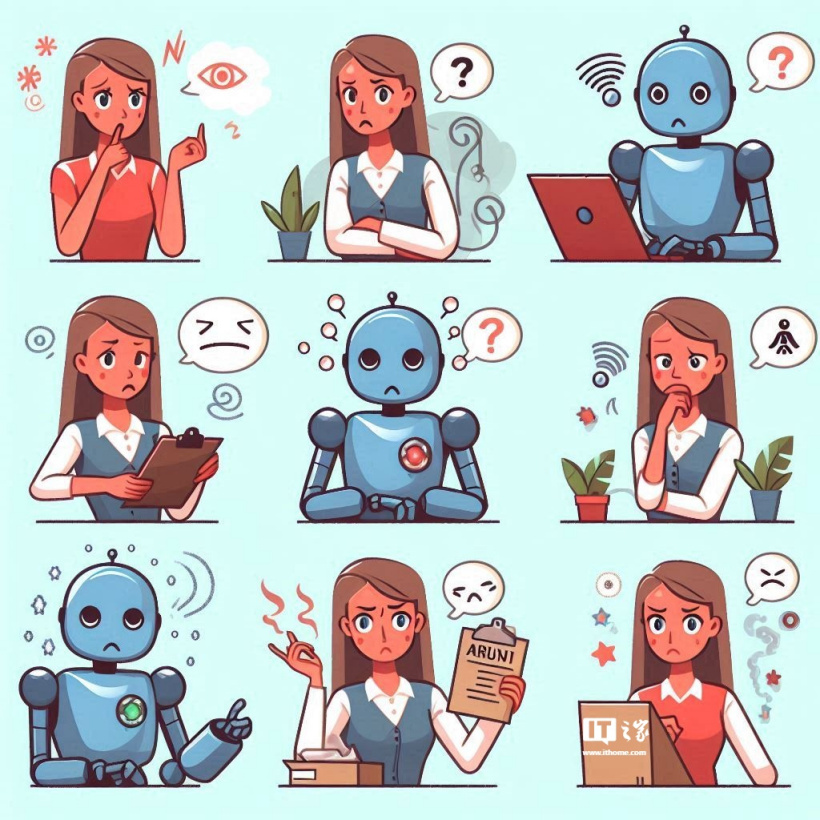August 12 News.International Labour Organizationand the Office of the United Nations Secretary-General's Special Envoy for Technology released a report entitled "Eye on the AI Divide: Shaping the Future of Work in a Global Perspective" on 7 July. According to the report, the AI revolution could widen the gap between high- and low-income countries.development gapunless international cooperative action is taken.

According to the report, AI is creating an industrial revolution globally, offering enormous opportunities for innovation and productivity. But AI is also exacerbating economic and social inequalities due to uneven investment, adoption and utilization. This emerging "AI divide" means that high-income countries can benefit more from AI, while low- and middle-income countries will lag behind.
AI can increase productivity and improve working conditions. However, unequal access to infrastructure, technology, quality education and training could lead to uneven adoption of AI, which in turn could exacerbate global inequality. The report notes that high-income countries have the ability toLeveraging AI to improve productivityWhile developing countries may be affected byLack of digital infrastructureAnd facing (development) bottlenecks.
More than $300 billion is spent globally each year on technology to boost arithmetic power (IT Home Note: Currently about RMB 2.15 trillion), but these investments are largely concentrated in high-income countries. Gaps in infrastructure and skills development can lead toDeveloping countries and their indigenous start-ups"severely disadvantaged".
The report also states that.Women Most Vulnerable to AI AutomationIn particular, clerical and business process outsourcing positions, such as "call centers", are common in developing countries. However, studies have shown that while automation may lead to job losses, it also offers the potential for job enhancement, improving job quality and productivity.
At the same time, in the absence of a national tech industry, skilled workers in developing countries, even if they have AI skills, will only be able to provide services to companies in other countries through freelance platforms, creating another form of "brain drain".